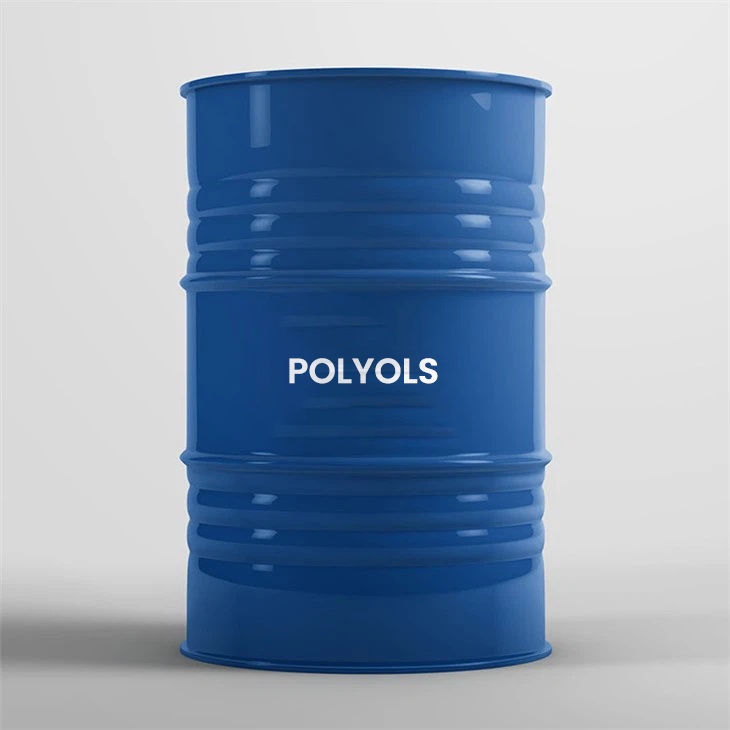Polyols
Polyols
Polyurethane production relies on two primary types of polyols:
- Polyester polyols
- Polyether Polyols.
The choice between polyester and polyether polyols depends on the desired material properties, such as abrasion resistance, heat resistance, hardness, solvent resistance, or shock absorption. Arpadis, a leading chemical distributor in Europe, specializes in managing the logistics of polyols worldwide, including storage, transportation, and import/export procedures

Polyester Polyols
These are synthesized through a reaction between acids and glycols.
Common acids: Adipic, Isophthalic, Terephthalic, Succinic, and Sebacic acids.
Common glycols: MEG (Monoethylene Glycol), DEG (Diethylene Glycol), BDO (1,4-Butanediol), HDO (1,6-Hexanediol), NPG (Neopentyl Glycol), and TMP (Trimethylolpropane).
Polyether Polyols
These are formed by reacting organic oxides with glycols.
Typical organic oxides: EO (Ethylene Oxide), PO (Propylene Oxide), BO (Butylene Oxide), and Epichlorohydrin.
Common glycols: EG (Ethylene Glycol), PG (Propylene Glycol), water, glycerin, sorbitol, sucrose, and THME (Trimethylolpropane Ethoxylate).
